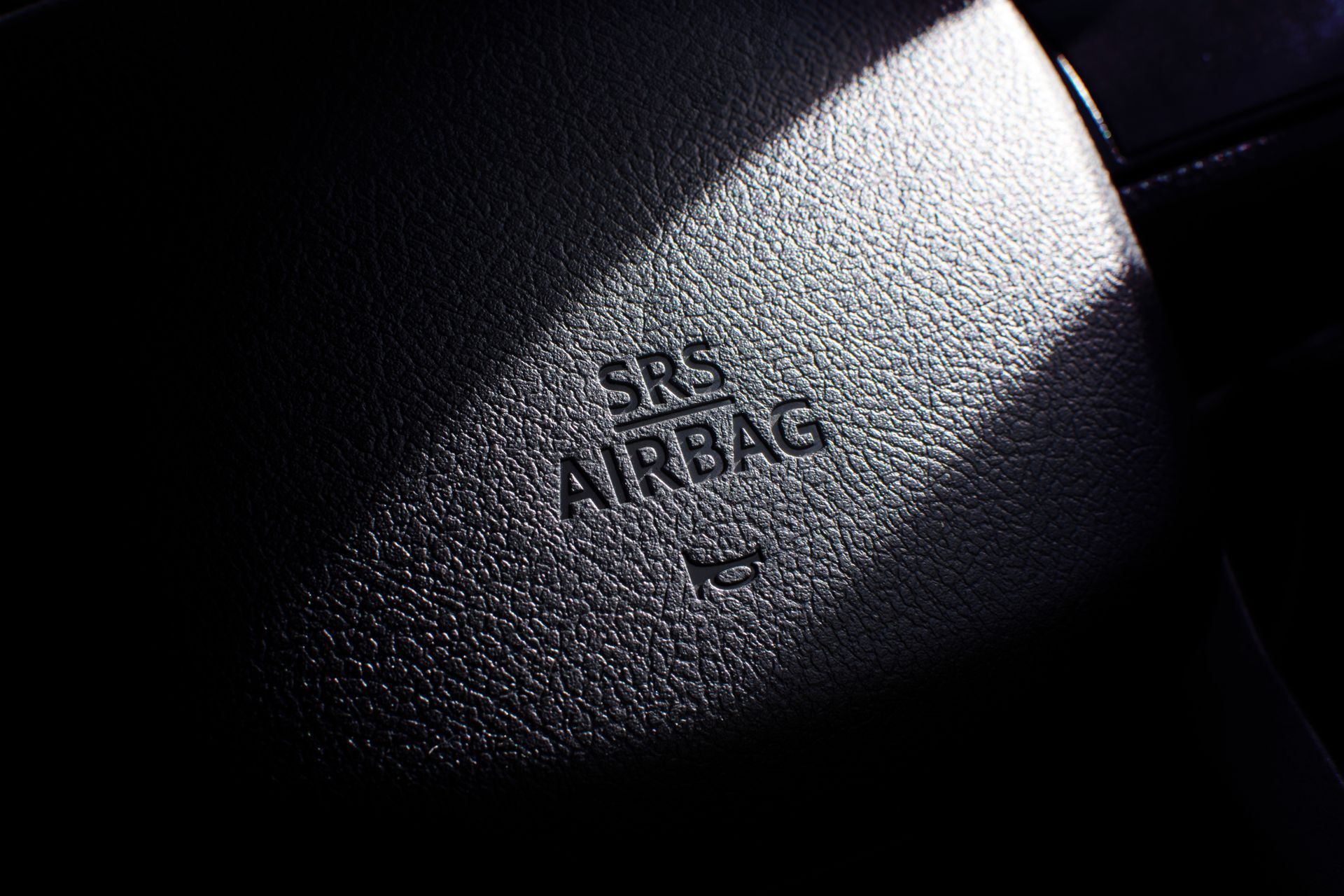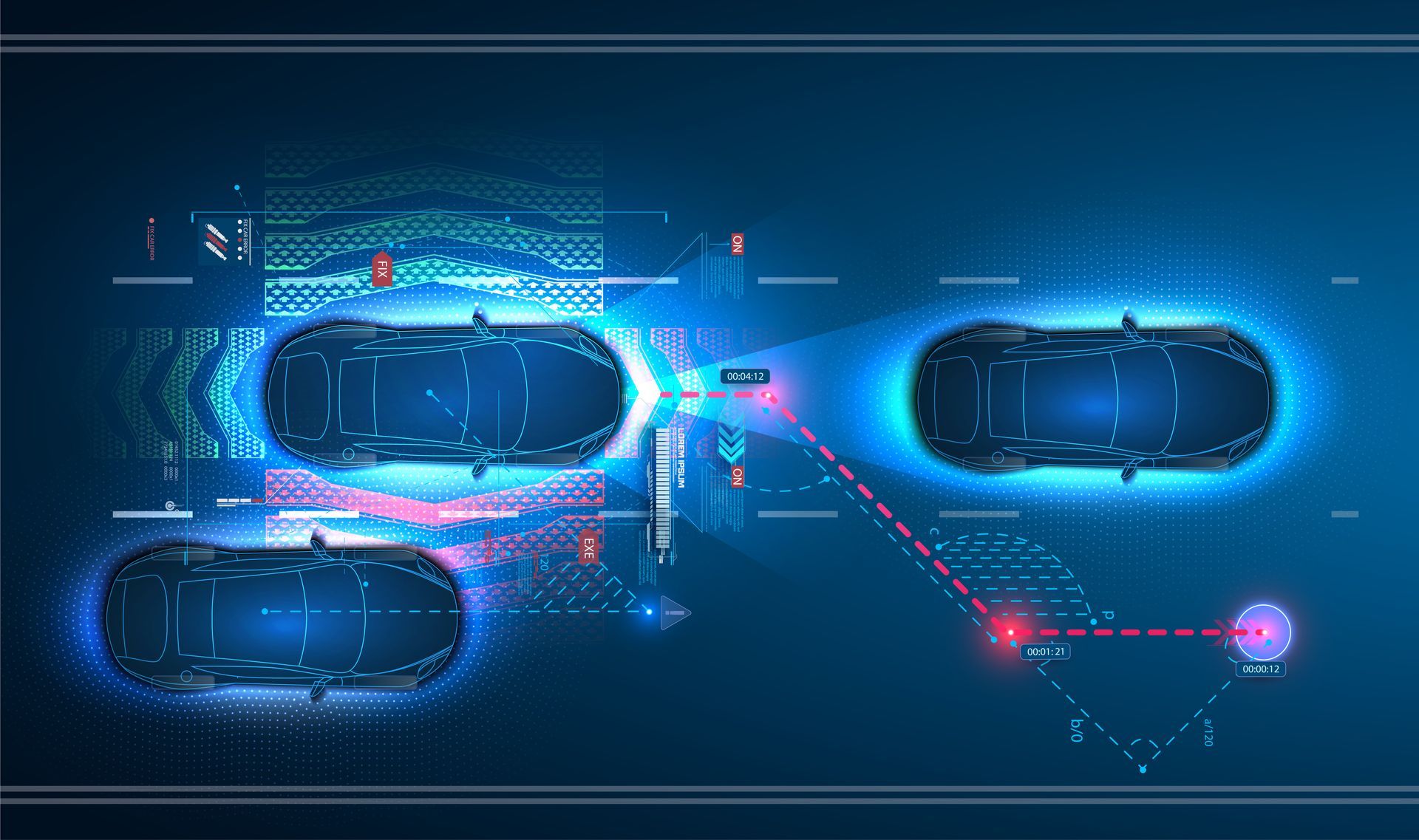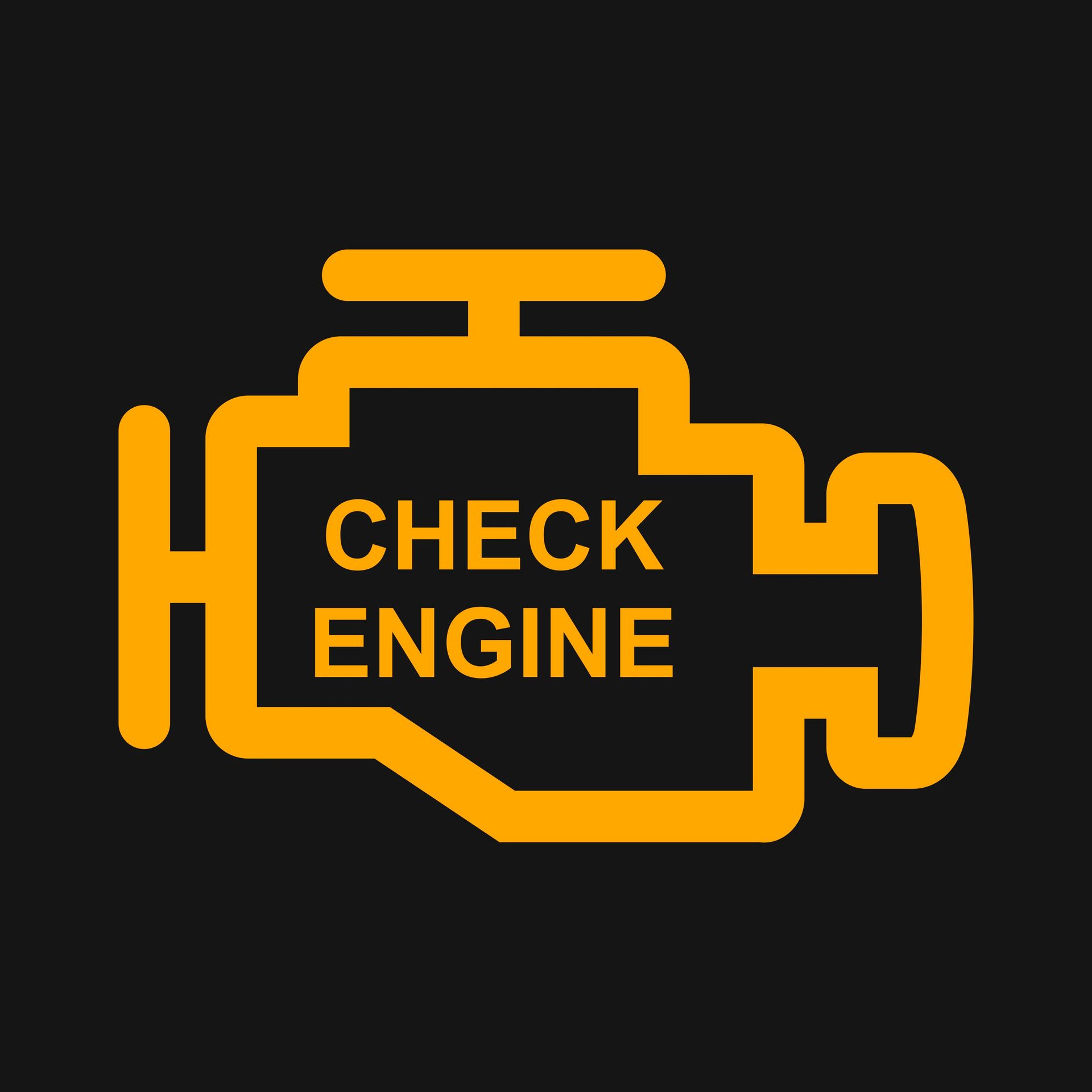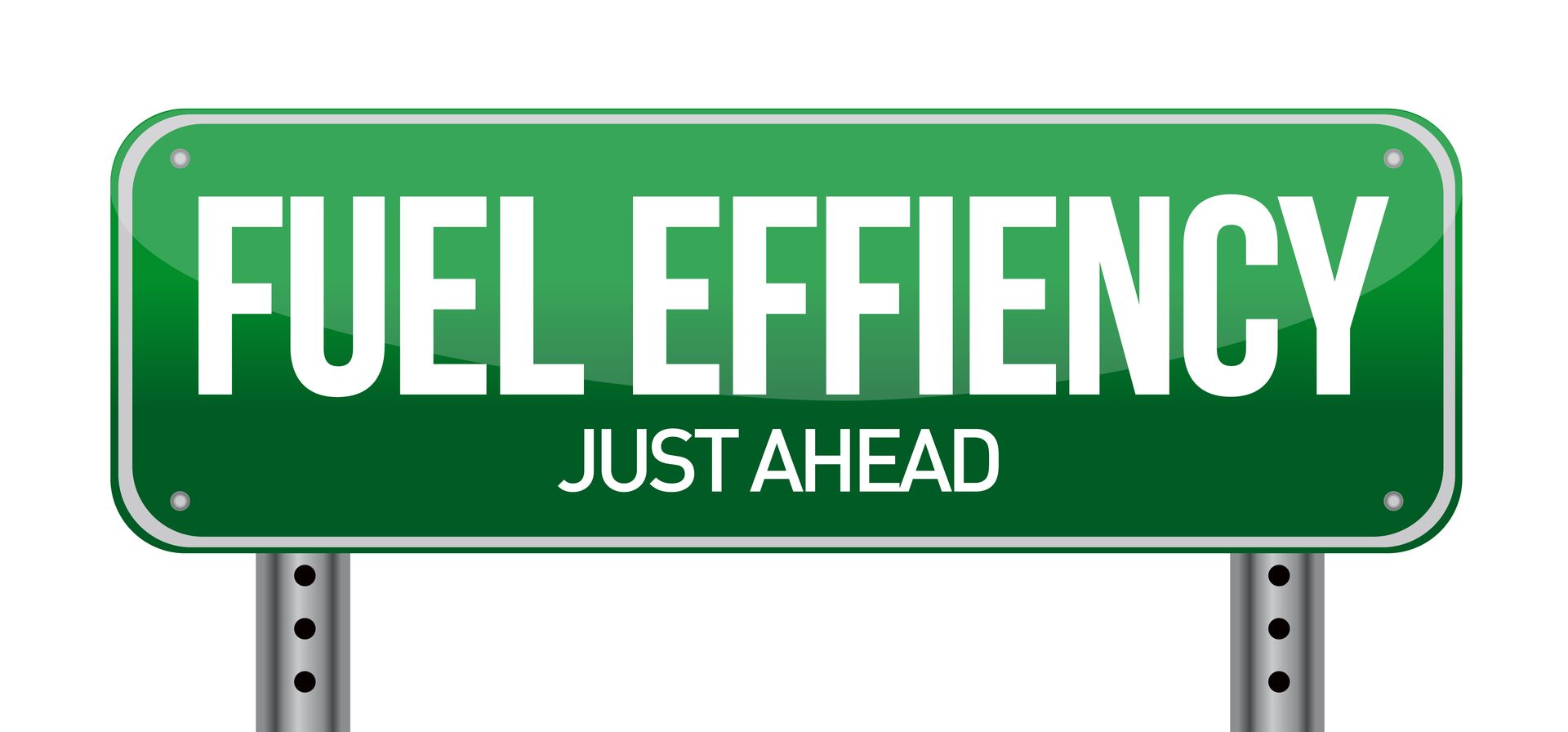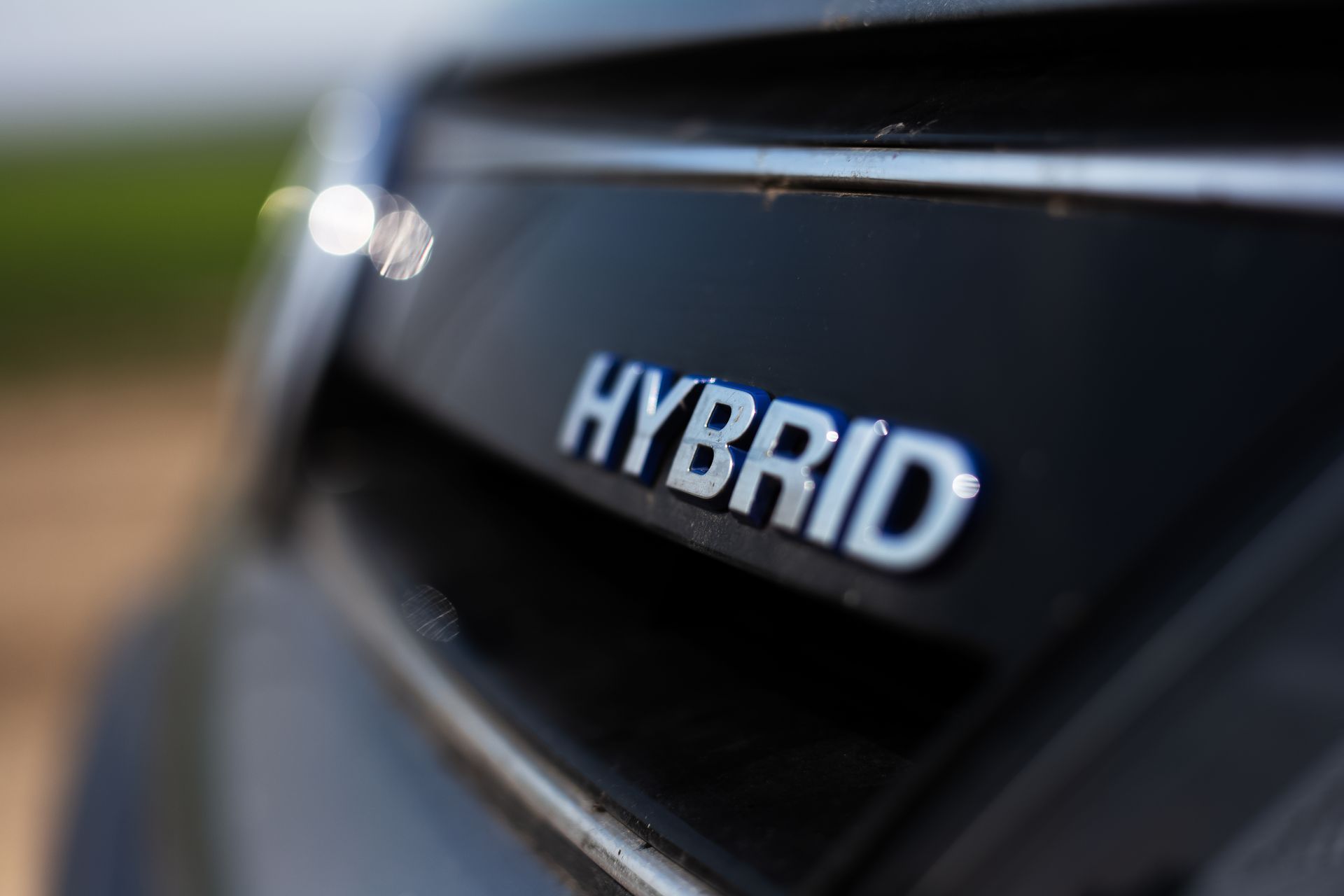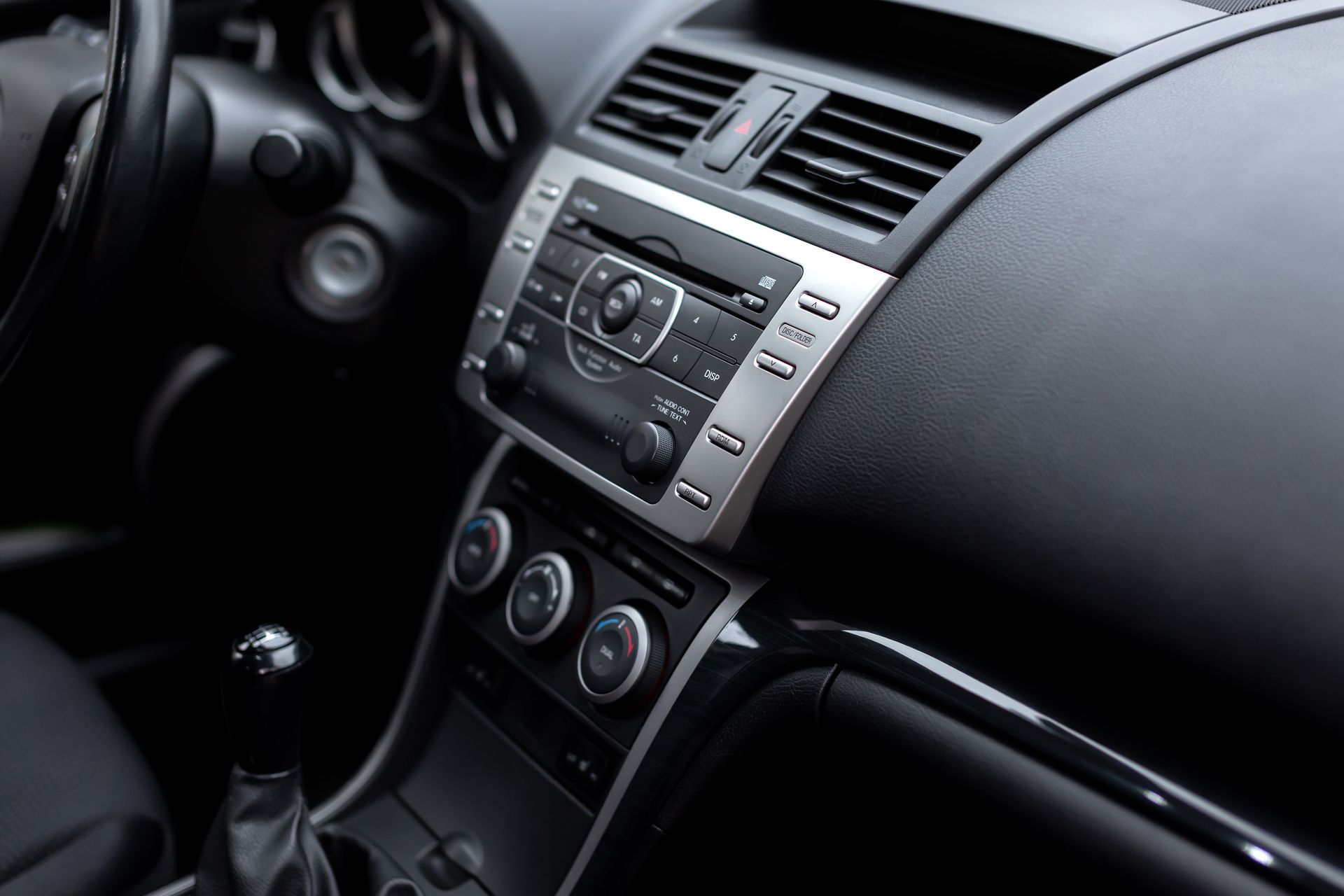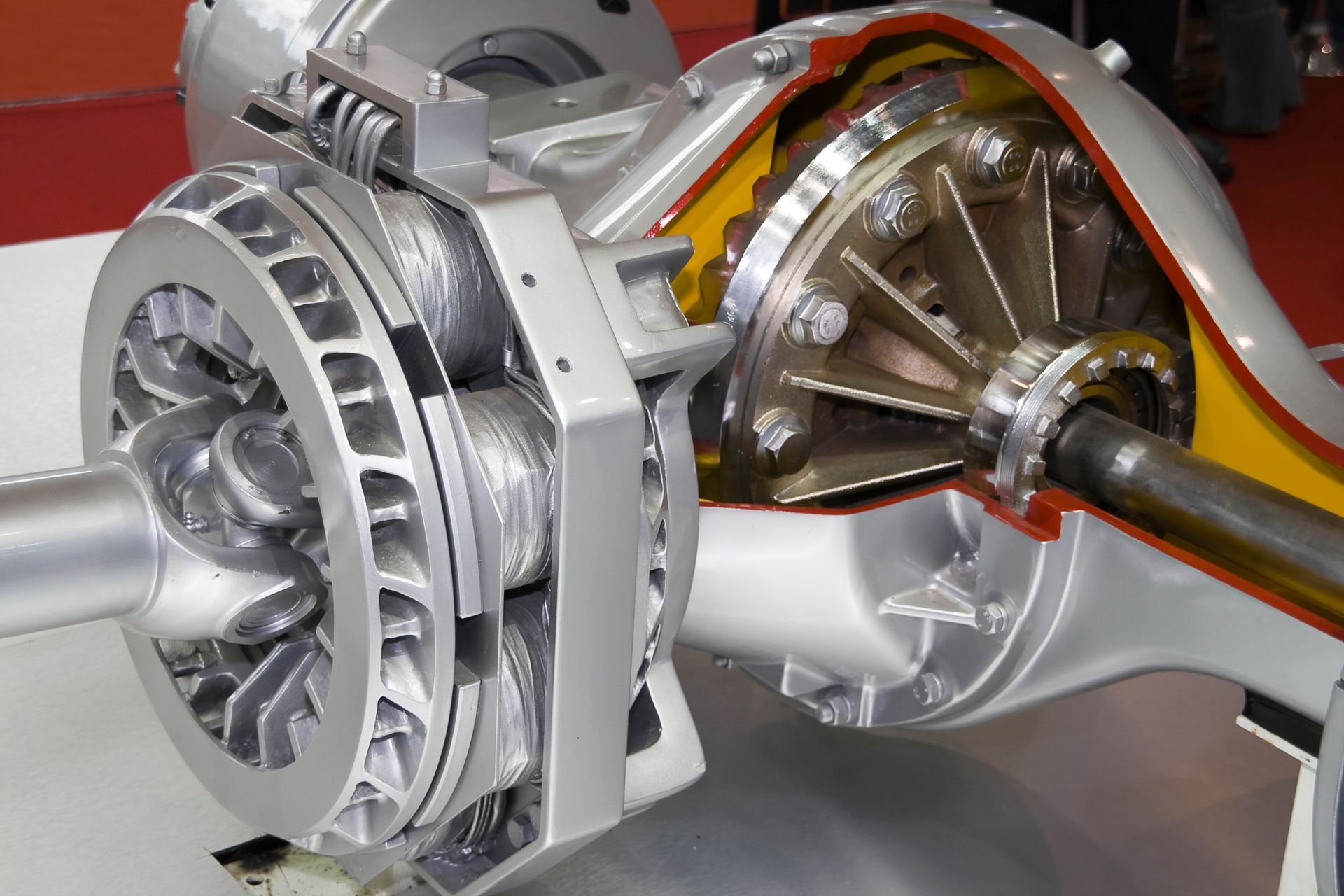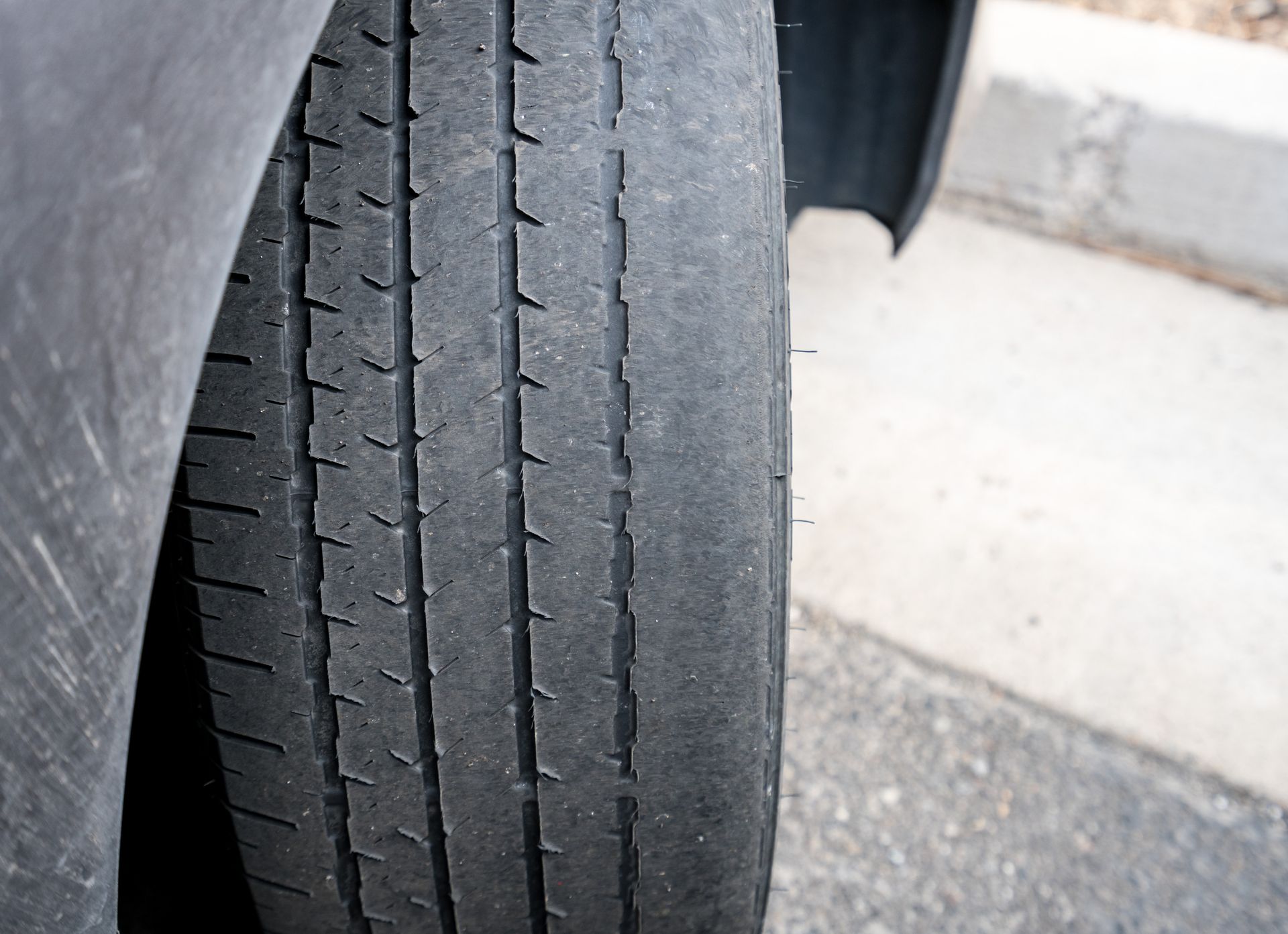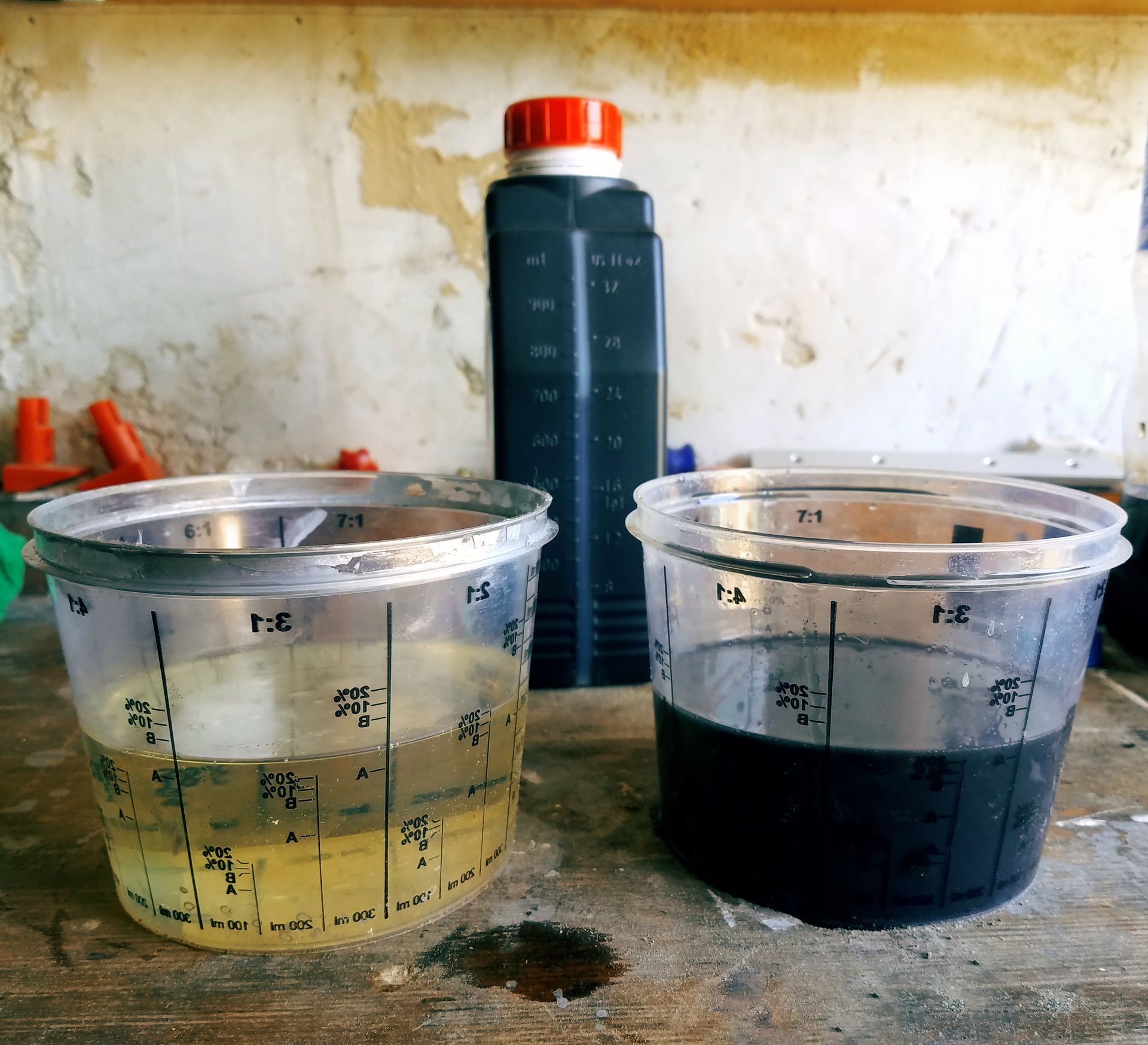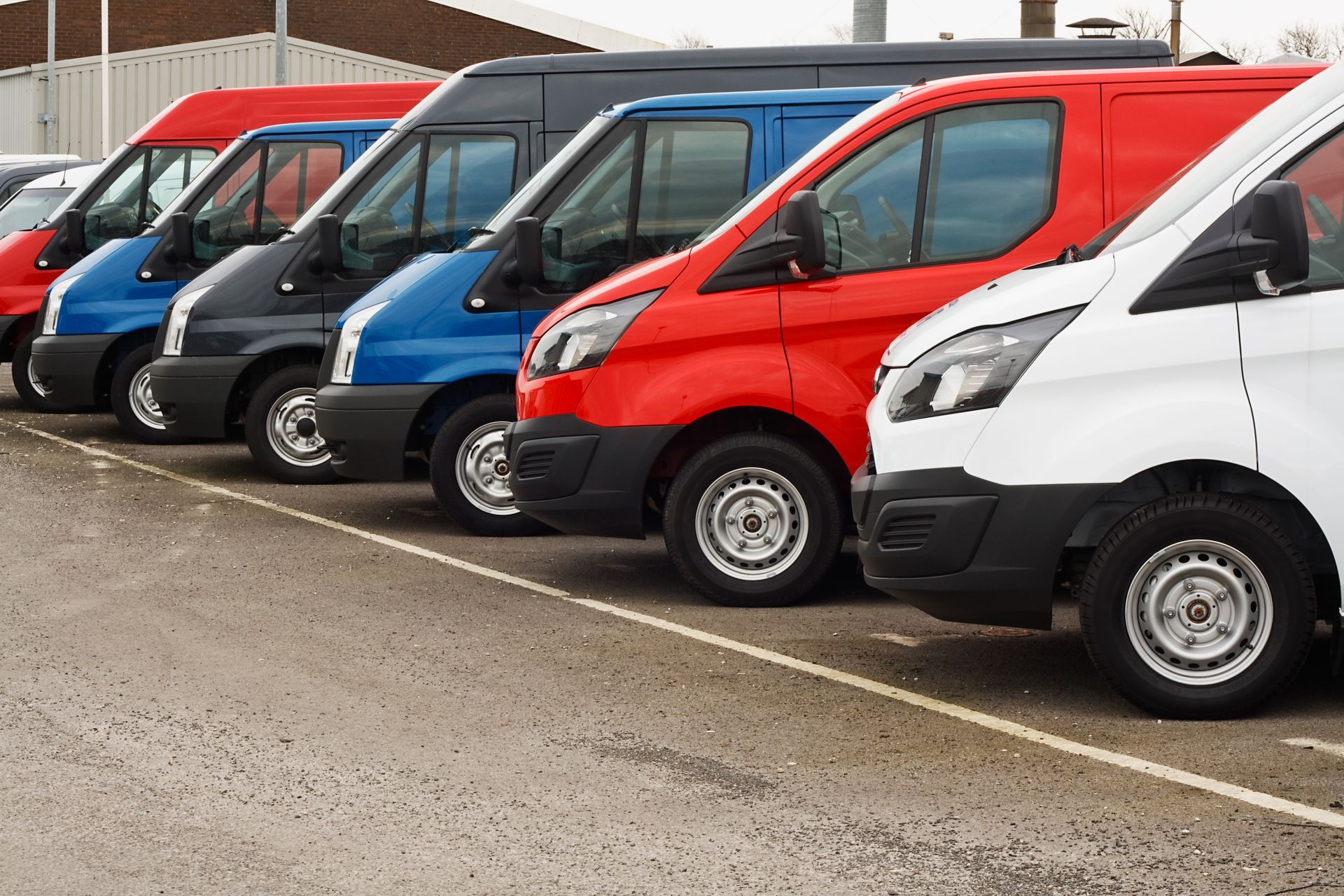There's a moment of hesitation we all experience at the fuel pump, a split second where we wonder if opting for premium will bestow upon our beloved vehicles the essence of automotive elixir. With marketing messages touting the superior quality of high-octane fuels, it's natural to feel swayed by the allure of 'premium.' However, before you reach for that pricier nozzle, let's navigate through the mist of fuel grades and understand what truly revs up your engine.
Understanding Octane Ratings
The heart of the difference between regular and premium fuel lies in their octane ratings. Regular gasoline typically comes with an octane rating of around 87, while premium gas hovers in the 91 to 93 range. But what do these numbers mean?
An octane rating measures a fuel's ability to resist "knocking" or "pinging" during combustion, caused by the air-fuel mixture detonating prematurely in the engine. In simpler terms, higher octane fuel can withstand greater compression before igniting. This is crucial for high-performance engines designed to operate at higher pressures.
Premium Fuel - Who Needs It?
High-compression engines, often found in luxury or sports cars, benefit from premium gasoline due to their engineered need for a more controlled burn. These engines are finely tuned and packed with horsepower, requiring the refined stability that premium fuel offers.
But here's where it gets interesting - most modern vehicles on the road today are designed to run just fine on regular gasoline without any detriment to performance or longevity. Manufacturers recommend premium gas only if your car truly needs it based on its engine design and performance requirements.
Is More Expensive Really Better?
Premium gas often comes with beneficial additives for your engine, such as detergents that clean vital components like fuel injectors. But before you conclude that pricier is better for your vehicle's health, consider this: Many brands of regular gasoline also include significant cleaning agents. Additionally, federal regulations mandate certain standards that keep even regular fuels from being too 'dirty' for your car's good.
What Fuel Should I Use
Ultimately, the choice should be dictated by your vehicle's user manual. Always adhere to manufacturer recommendations since they know precisely what brew suits their engines best. Using premium gas in a car that doesn't require it won't boost performance or efficiency; think of it as ordering a fine wine when your palate can't discern anything beyond table wine—it's simply overkill (and an unnecessary hit on your wallet).
If you own a high-performance beast with an appetite for higher octanes or have noticed knocking sounds under heavy acceleration in an older model car (which may not adjust as well to lower octanes), then yes—premium might be necessary. Otherwise, rest easy at night knowing you're not shortchanging your ride with regular gas; you're merely avoiding an unnecessary upsell.
For all your car maintenance and repairs, contact us at SCC Performance! After all, a smoother-running car consumes less fuel.



